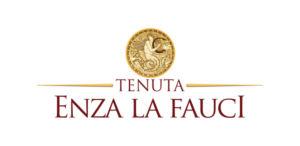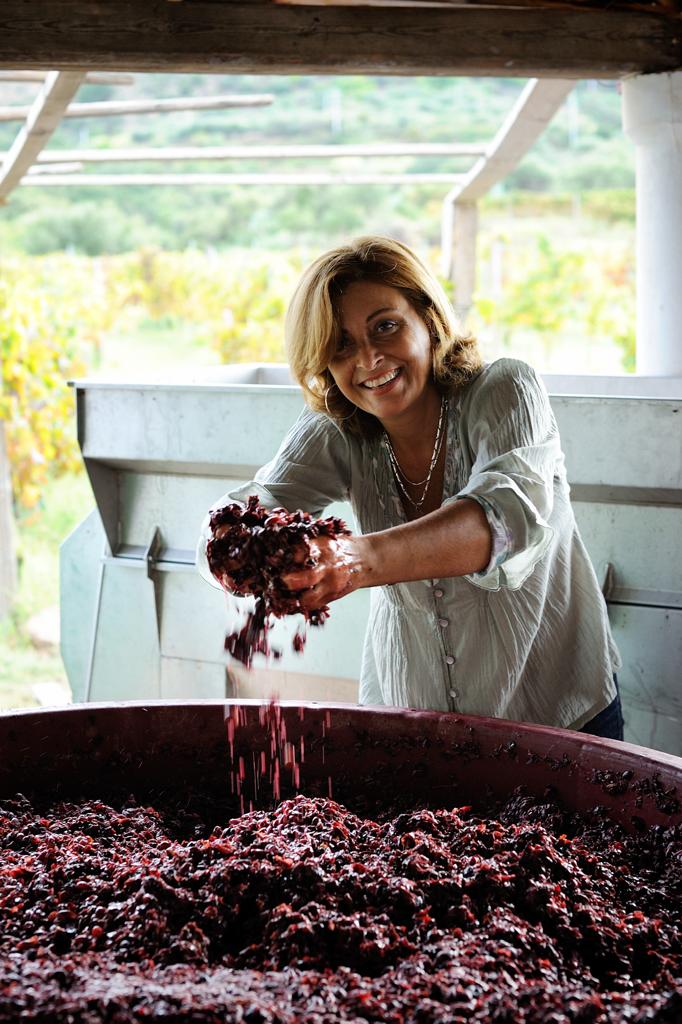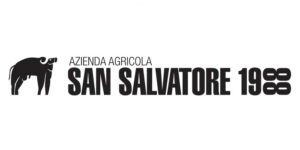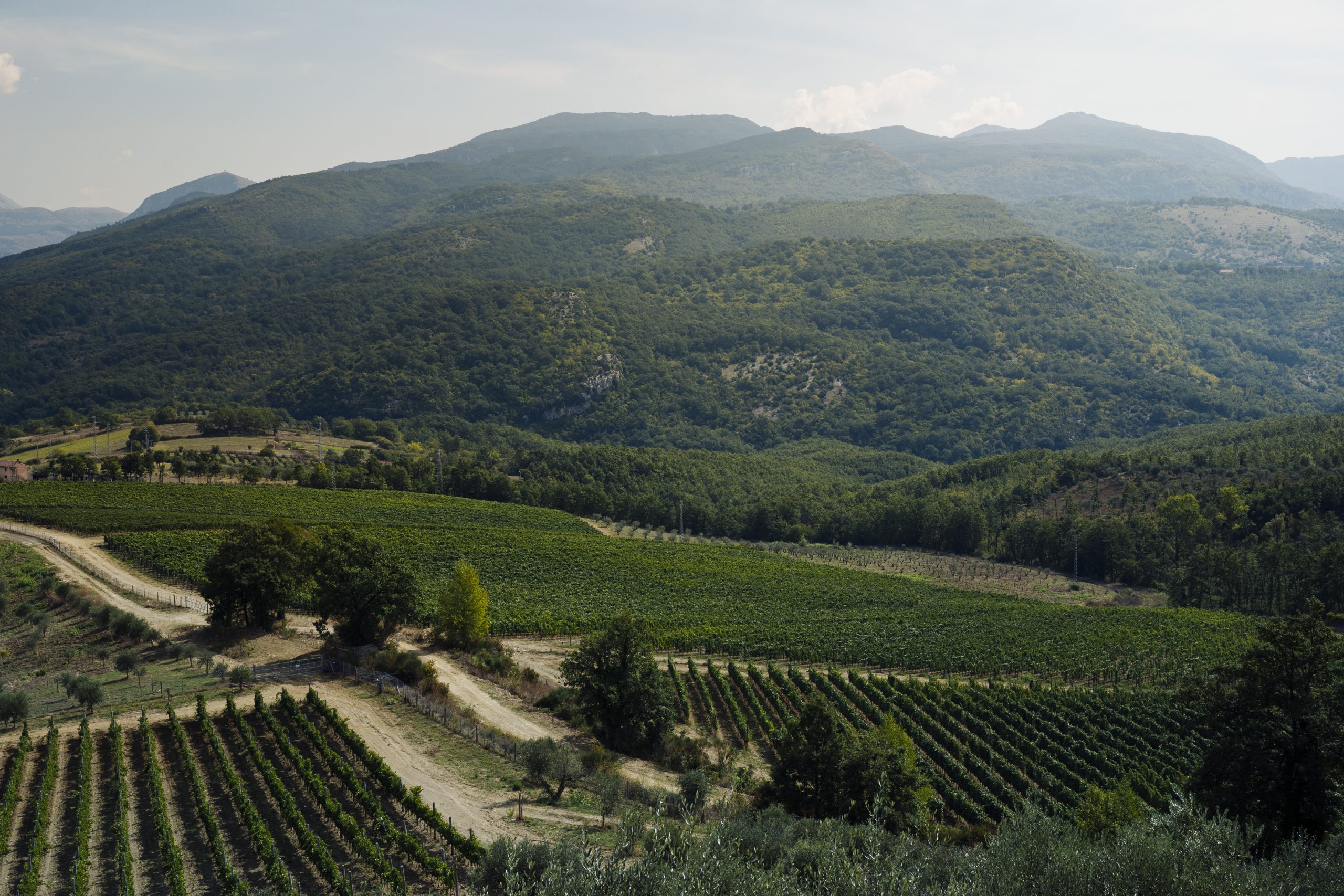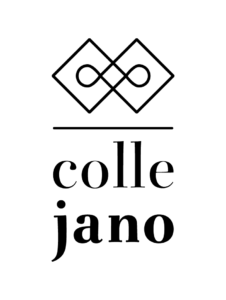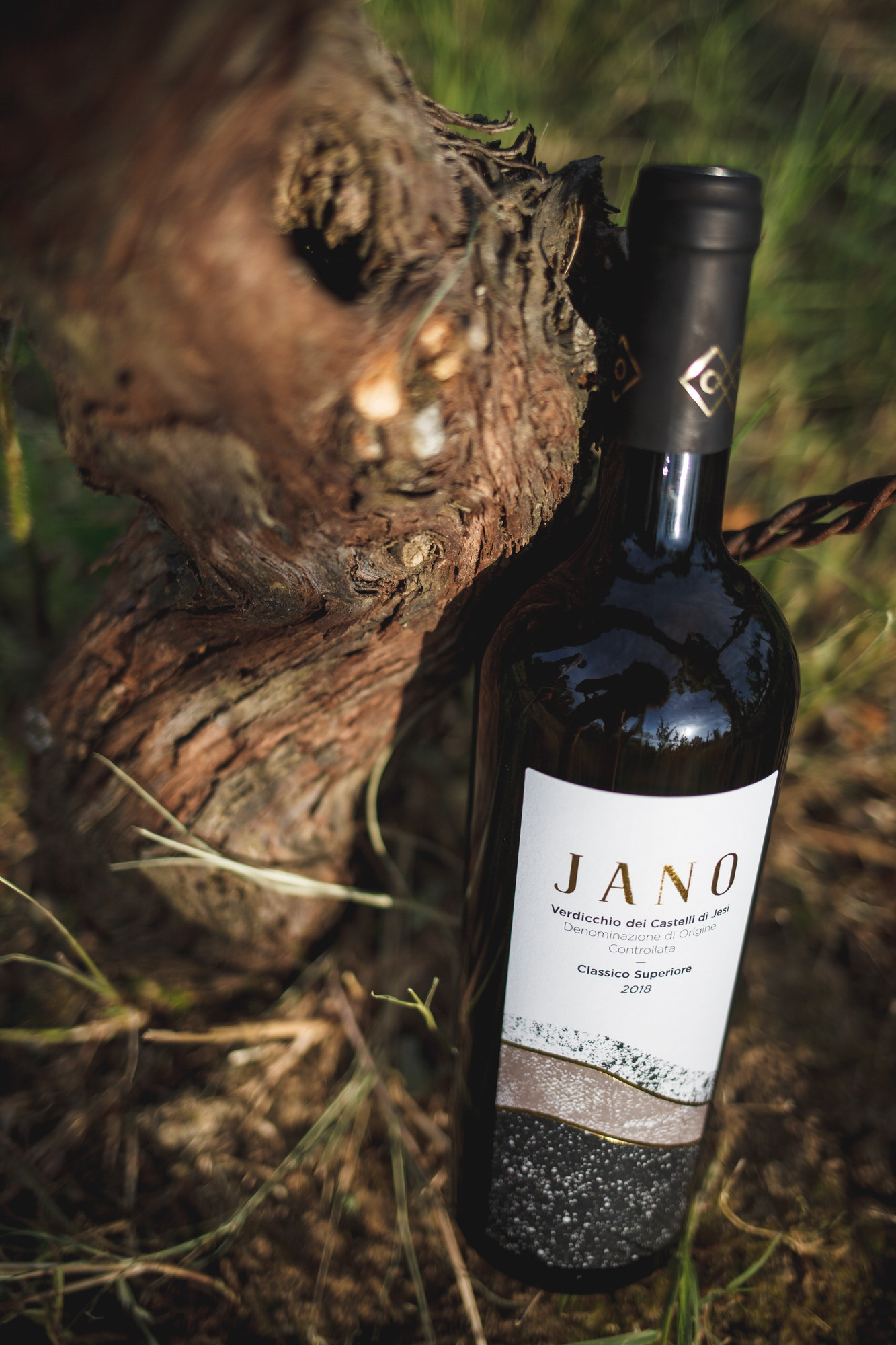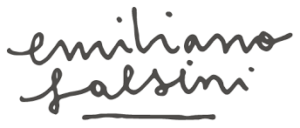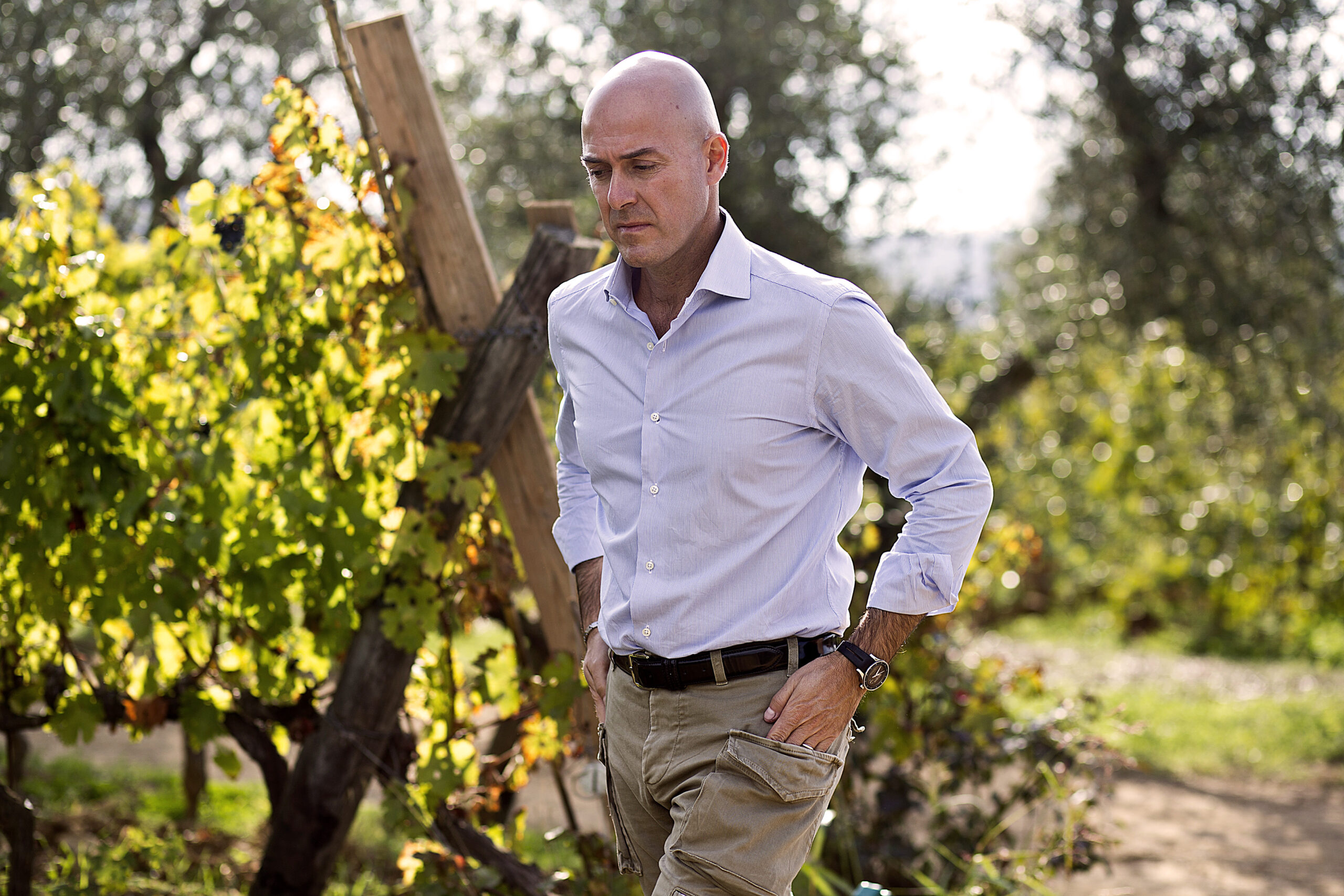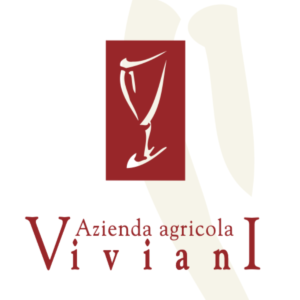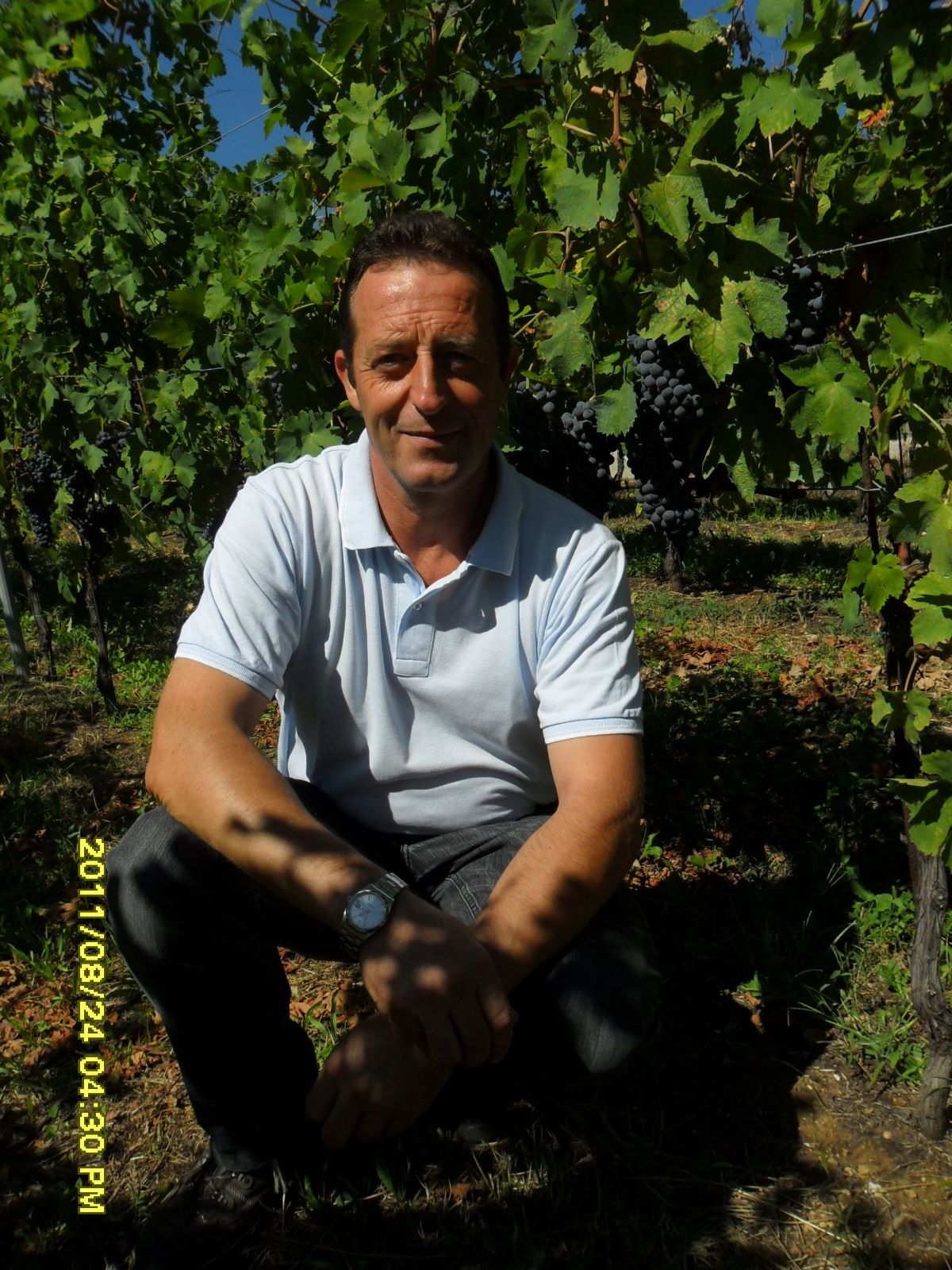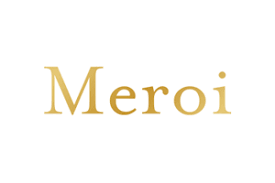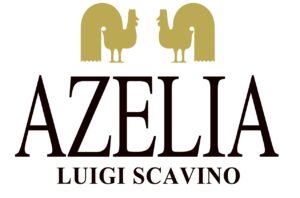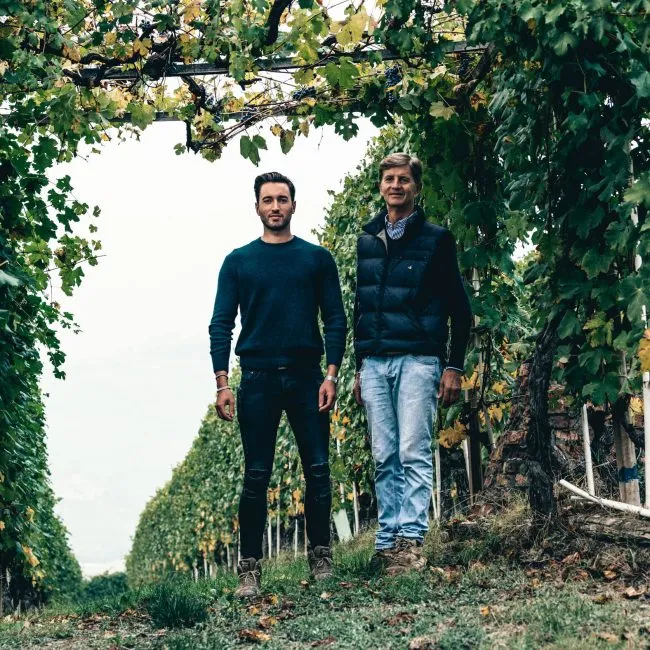Vigneti Vecchio
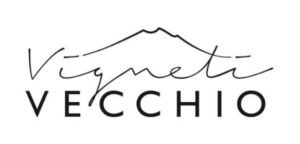
VIGNETI VECCHIO
VERZELLA, SICILIA
Vigneti Vecchio is a small winery on Mount Etna’s northern
slopes, in Solicchiata and Verzella.
In 1971, Carmelo Vecchio, the current owner’s grandfather, reclaimed about 35 hectares of volcanic land in Carranchello estate near Verzella. This required substantial effort due to the presence of petrified lava flows, requiring daily soil extraction for vine growth.
The Vecchio family, known as “Sciare” residents, upholds traditional vine cultivation methods, preserving bush-trained systems, terracing, biodiversity, and manual practices.
Only in 2016, drawing from family history and his experience at Passopisciaro winery under Andrea Franchetti on Etna, Carmelo Vecchio decided to bottle a part of this heritage, representing generations before him.
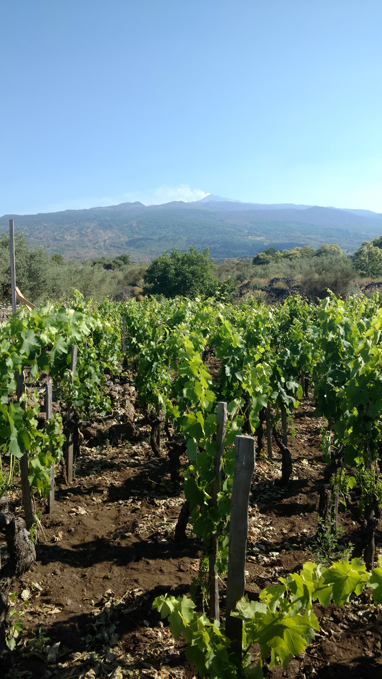


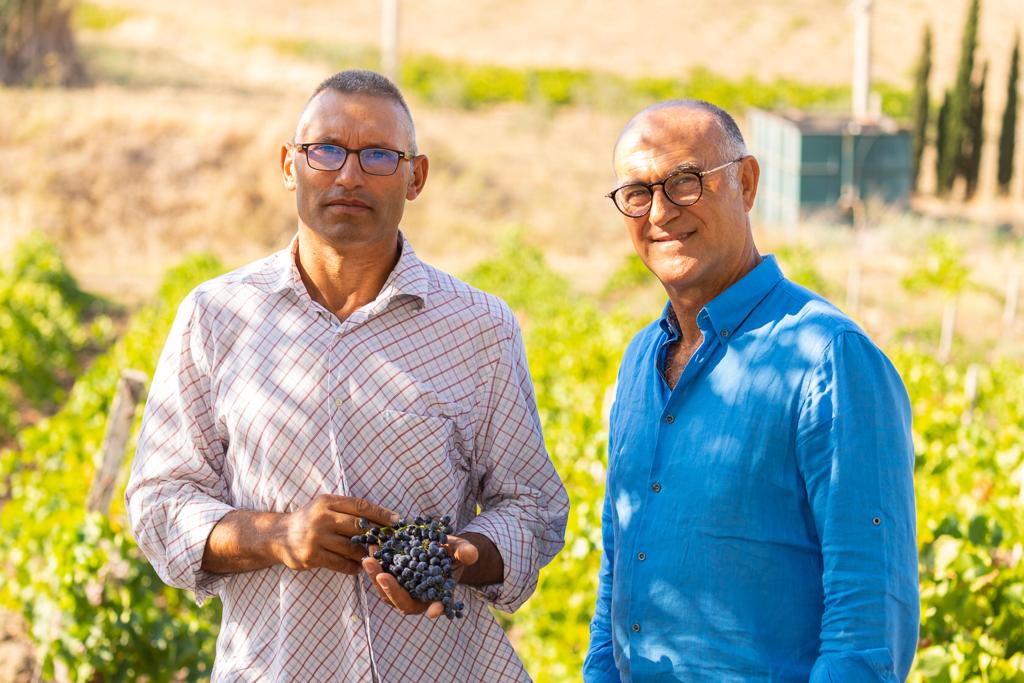
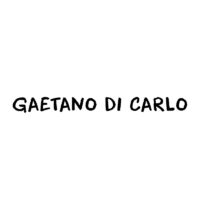
![IMG_8264 2[2]](https://www.medwinecompany.com/wp-content/uploads/2023/09/IMG_8264-22-scaled.jpg)
